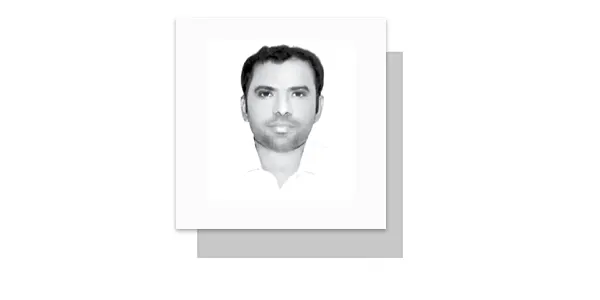THE 2023 District Education Report, published by the Ministry of Planning, provides a sobering assessment of the state of education across Pakistan. According to the report, none of the 134 districts, including Islamabad, have achieved the highest rating in educational performance. The districts were categorized into four tiers based on the availability of facilities, course results, and the presence of qualified teachers. Islamabad is the only district placed in the second tier, indicating a level of performance that falls short of excellence. In contrast, 77 districts are classified in the third tier, reflecting average performance, while 56 districts are in the lowest tier, characterized by poor performance.
These findings should act as a stark reminder to policymakers and education authorities. With over 25 million children already out of school, the current state of education demands urgent attention. Even among the students who do attend school, many are deprived of the quality education necessary for their development and future success. The report highlights that one of the most critical issues plaguing the education sector is the inadequate budget allocation. Not only is the educational budget insufficient, but the funds that are available are also poorly utilized, exacerbating the problem.
Additionally, the presence of inexperienced and under-qualified teachers significantly contributes to the decline in educational standards. These teachers often lack the necessary skills and knowledge to provide effective instruction, further undermining the quality of education. To address these pressing issues, a comprehensive approach is required. Increasing the educational budget is essential to provide schools with the resources they need to improve infrastructure, acquire teaching materials, and enhance the overall learning environment.
Moreover, regular and rigorous training programs for teachers are crucial. Such training will ensure that educators are well-equipped to meet the demands of modern education and can deliver instruction that is relevant and effective. This will also help in reducing the reliance on inexperienced teachers, thereby improving the quality of education provided to students.
Investing in education is not just about increasing budgets and resources; it is about fostering an environment where students can thrive and achieve their full potential. A well-educated generation is critical for addressing the nation’s challenges and driving its progress. Quality education has the power to transform lives, uplift communities, and contribute to national development. Therefore, it is imperative that the government and relevant stakeholders prioritize educational reforms and commit to implementing strategies that will enhance the performance and effectiveness of the education sector.
—The writer is contributing columnist, based in Turbat, Balochistan.










